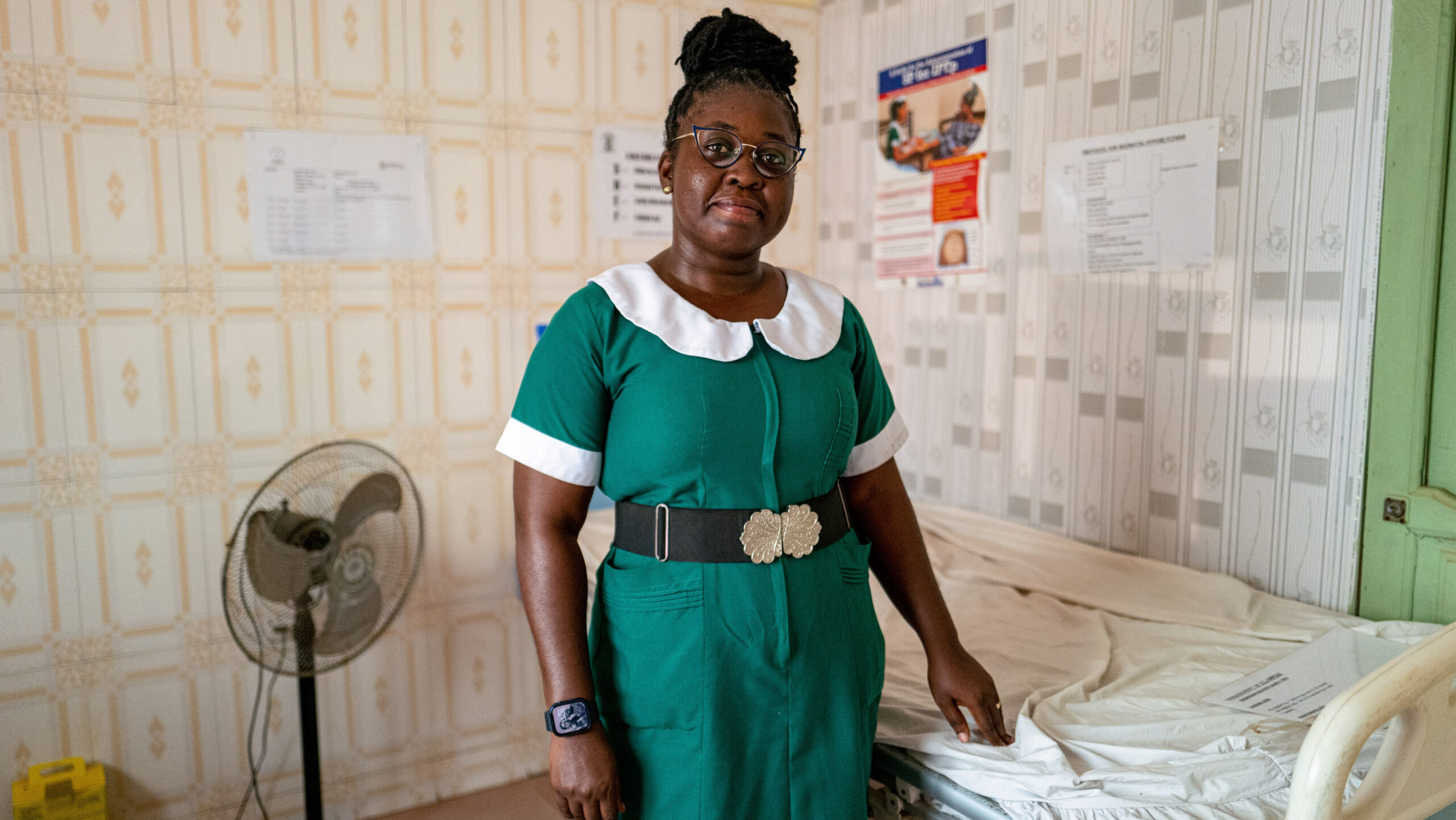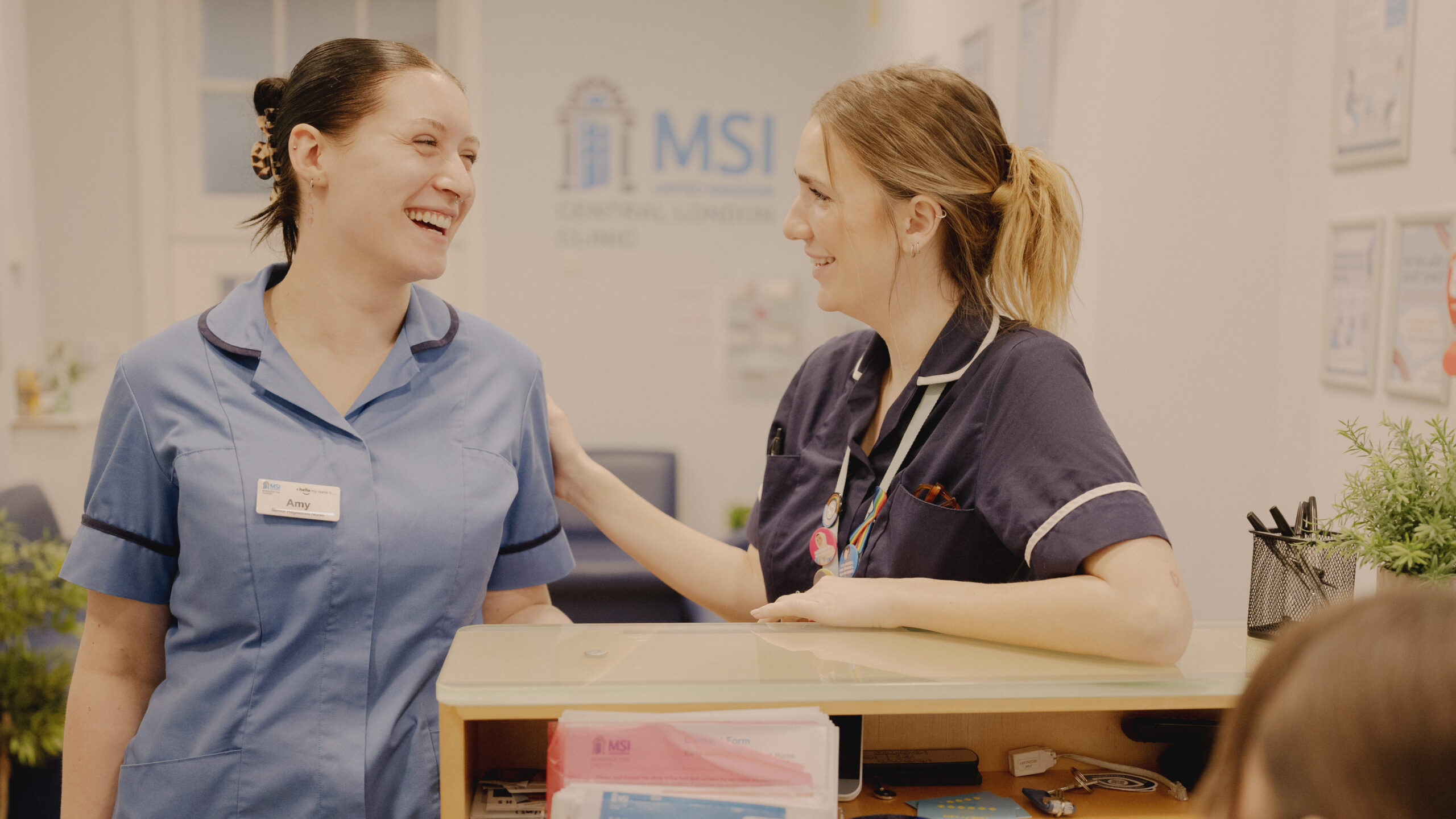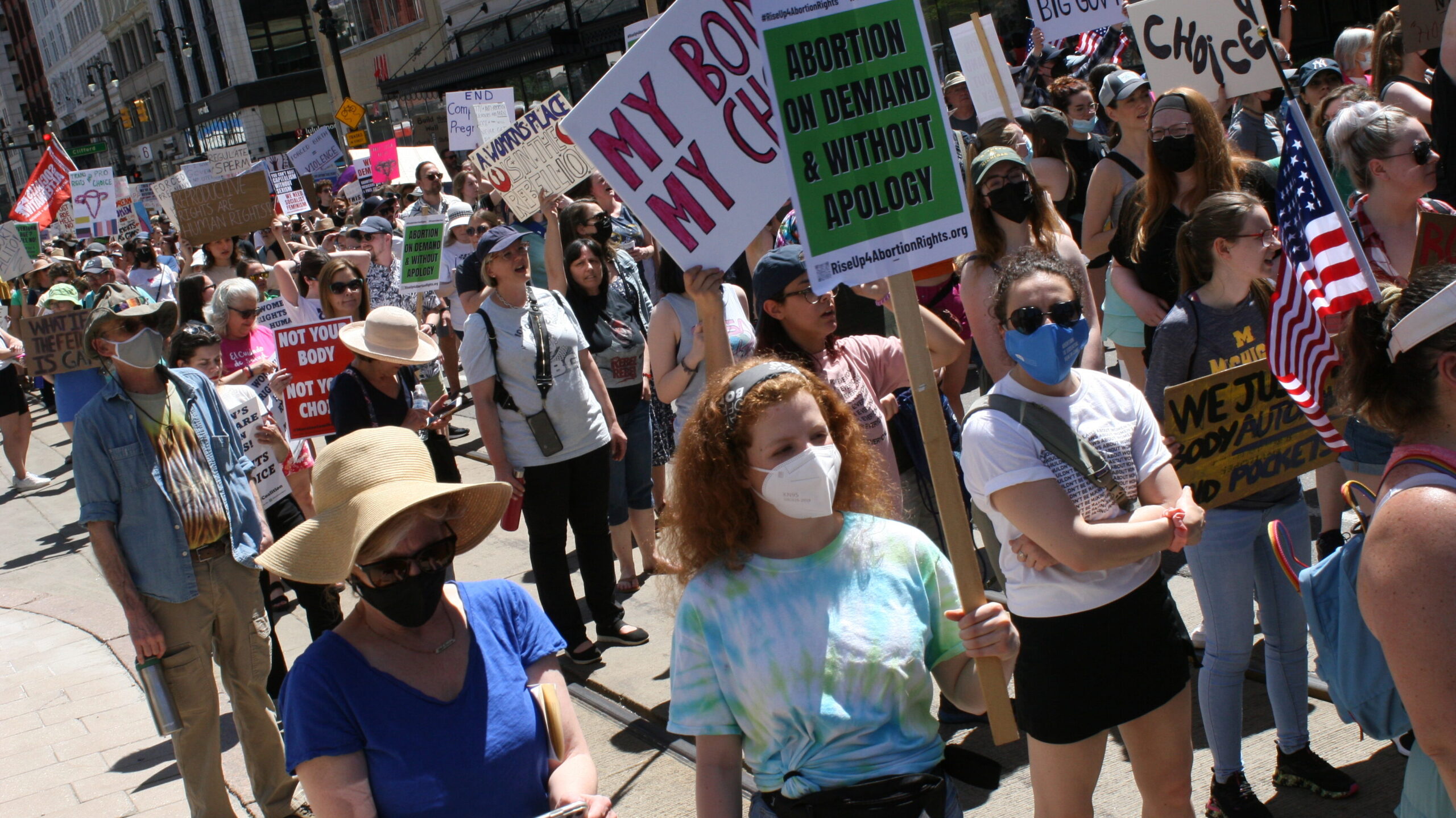As the US Supreme Court overturns Roe v Wade, over 90 global healthcare organisations call on all governments to defend access to safe and quality abortion care.
Our shared statement:
Ensuring access to safe, quality abortion is an imperative. Abortion is recognised as essential health care that must be provided by governments. Access to safe abortion is also a human right. Attacks against reproductive freedom are attacks on democracy and international human rights standards, on individual freedoms and the right to privacy, and they set back progress towards gender equality.
The United States Supreme Court decision to dismantle Roe v Wade and roll back 50 years of access to safe abortion care is a catastrophic blow to the lives of millions of women, girls and pregnant people who now face the prospect of being forced to continue pregnancies. It is a decision that will cost lives for years to come.
The US joins just a handful of countries that have actively reduced access to abortion care in recent years. This is out of step with the global community’s commitment to advance human rights and fails to take into account the overwhelming global medical evidence that supports abortion as essential health care.[1]
Around the world,[2] progress is being made to remove restrictions to care for example Latin America’s ‘green wave’ (Mexico, Argentina, Colombia, Chile) in Africa (Benin, Mozambique, Kenya), Asia and the Pacific (Thailand, South Korea, Australia, New Zealand) and Europe (France, Ireland, England). Governments are responding to feminist grassroots movements and acting upon evidence-based findings and World Health Organization (WHO) guidelines that draw on clinical and technological advancements, including telemedicine and self-management of abortion care, in order to guarantee their populations’ rights to essential health care.
As organisations dedicated to providing and supporting health care, we know that restrictive laws do not reduce the need for abortion care. Rather, such laws increase inequities in access; nurture an environment of fear, stigmatisation and criminalisation; and put women, girls and pregnant people at risk.
Abortion laws not based on scientific evidence harm health care workers. Countries with total bans or highly restrictive abortion law prevent and criminalise the provision of essential health care services and support to those that require abortion care. Many individuals supporting abortion care experience abuse, threats and even violence. In the United States, such incidents are commonplace and have even resulted in the murder of health care professionals. Further isolating these dedicated health care workers with restrictive laws will put them at even greater risk.
Lack of access to safe abortion care is one of the leading causes of preventable maternal death and disability. Each year 47,000 women in the world die as a result of unsafe abortion[3] and an estimated five million are hospitalised for the treatment of serious complications such as bleeding or infection.[4]
Supporting safe and high-quality abortion care is a demonstration of a government’s commitment to reproductive and social justice. Abortion care is an integral part of comprehensive health care provision – the need for this care will not go away. Limiting access to abortion care takes the greatest toll on the lives of women, girls and pregnant people; those living in poverty; those with marginalised racial, ethnic identities; adolescents; and those living in rural areas. A denial of abortion care further exacerbates their historical discrimination and mistreatment, and places them at the greatest risk of preventable maternal death and disability.
As national, regional and global health care organisations, we urge all governments to take immediate action to:
- Create and protect legal and regulatory environments that support health care professionals to provide access to safe and affordable abortion care. Access to abortion care should be protected and supported as an inalienable reproductive right.
- Decriminalise abortion care and regulate it like any other health care provision. Decriminalising abortion refers to the removal of specific criminal and/or civil sanctions against abortion from the law, so that no one is punished for having, providing or supporting access to abortion.
- Utilise the full benefit of the safety and efficacy of abortion medication, as well as the advancement of technology, to allow telemedicine and self-management access to abortion, as recommended by the WHO Abortion Care Guideline.
- Invest in robust health systems that are human rights-centred for abortion care information, counselling and services. Prioritise training on abortion care as an essential part of professional development for health care professionals – integrate it into lifelong learning to ensure health services are universally available. Such approaches should be linked to reproductive and social justice movements, and should include actions that address the needs and rights of communities that have been historically discriminated against.
– Ends –
[1] https://www.who.int/publications/i/item/9789240039483
[2] https://reproductiverights.org/maps/worlds-abortion-laws/
[3] WHO. Unsafe abortion: global and regional estimates of the incidence of unsafe abortion and associated mortality in 2008. Sixth Edition. 2011. p 27. 10
[4] Singh S, Hospital admissions resulting from unsafe abortion: estimates from 13 developing countries, Lancet, 2006, 368(955):1887–1892.
For further information and interview requests please contact:
Email: [email protected]
Telephone: +44 (0) 7769 166 516
About MSI Reproductive Choices
MSI Reproductive Choices is one of the world’s leading providers of sexual and reproductive healthcare. We believe that everyone should have the right to choose. From contraception to safe abortion and life-saving post-abortion care, we are committed to delivering compassionate, affordable, high-quality services for all. Our organisation has over 9,000 team members working across 37 countries, supporting over 67,000 people to access reproductive choice every day.








